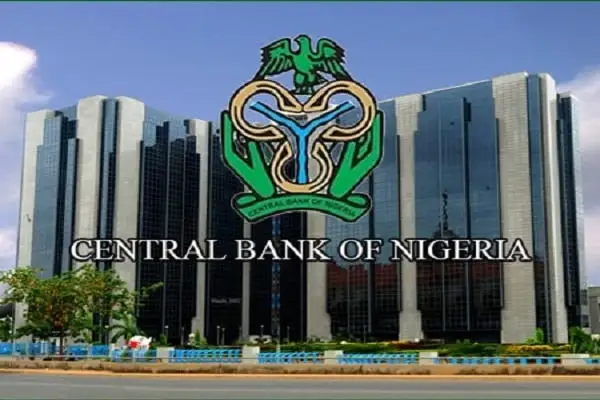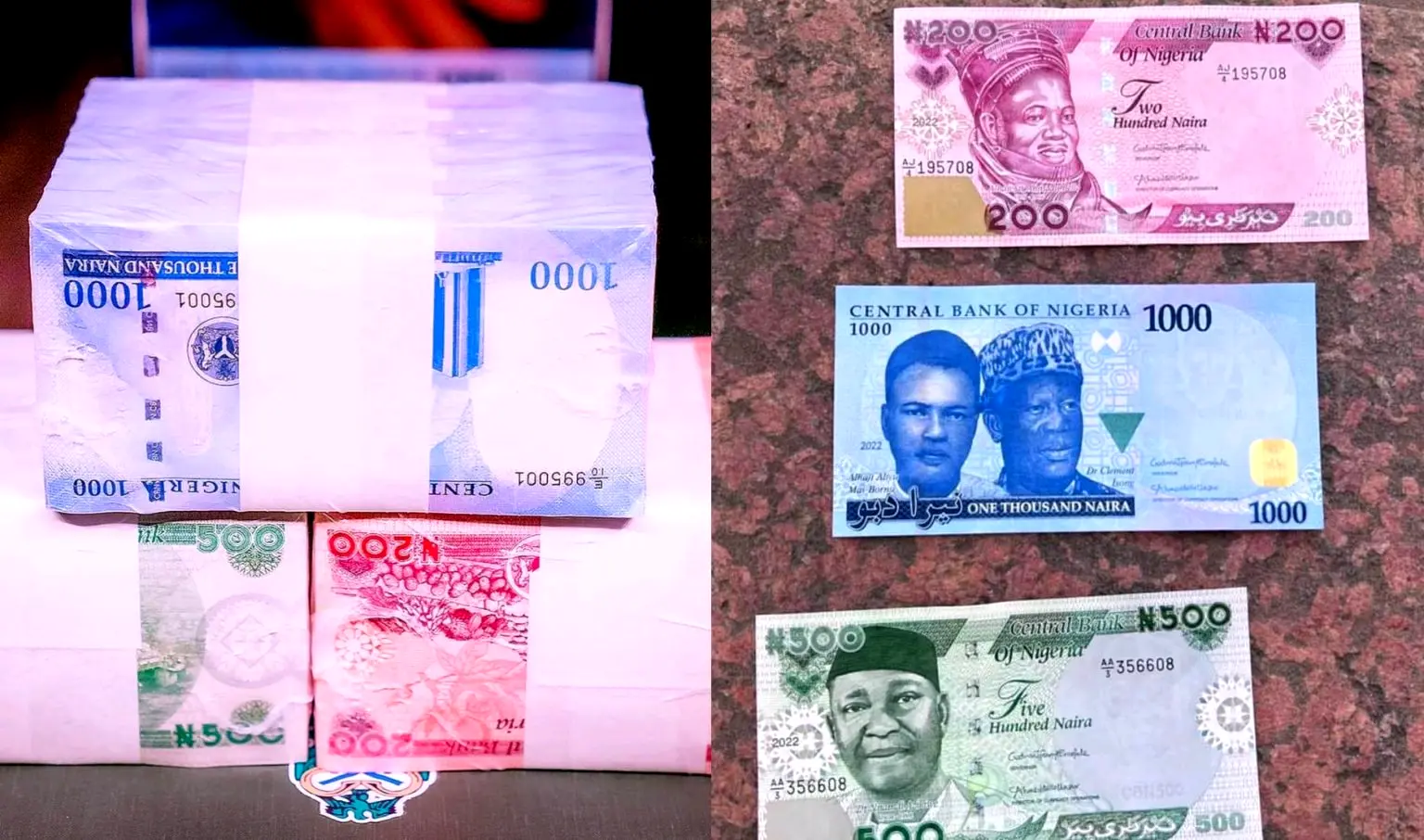News
Nigerians Criticise CBN’s Reliance On Dangote Refinery To Fix Naira’s Free Fall
SCORES of Nigerians have criticised the Central Bank of Nigeria (CBN)’s reliance on Dangote’s refinery to address the depreciating naira.
The Publisher Nigeria gathered that this is coming on the heels of a public disclosure by the CBN Governor Godwin Emefiele, during a foreign investors’ meeting held at the weekend in New York, that the refinery would save the country of huge foreign exchange.
Emefiele, while responding to questions from financial experts, had said the country would witness a significant drop in imports and forex boost once the Dangote refinery commenced operations by June 2022.
He was providing answers to investors’ concerns over the country’s FX reserves, exchange rates, the balance of payments, and the soaring national debt. He said Dangote’s refinery would save the nation 30 per cent foreign exchange spent on oil imports.
“Let me say by the time the Dangote Refinery begins production by June, latest July next year, it will be a major FX saving source for Nigeria. I will explain.
“In Nigeria, right now, from the FX we spend on imports, the importation of petroleum products takes about 30 percent.
“The Dangote refinery has the capacity to produce 650, 000 barrels per day. So, you take the diesel, petrol, aviation fuel, and the rest (30 percent) from them, or you convert that from crude to refined products,
“There is a domestic component that is called 450, 000 barrels, even if out of the 650, 000 barrels, the 445 barrels is what is sold to Dangote in naira, it will be a major FX saving for Nigeria.”
The Dangote refinery investment is described as capable of meeting 100 per cent of local demands of the country’s refined petroleum products with surplus for exports. It is expected to be Africa’s biggest oil refinery and the world’s biggest single-train facility when completed.
A Bloomberg report said the refinery complex would cost about $19 billion.
The Nigerian National Petroleum Corporation (NNPC) has acquired a 20 per cent stake in the refinery.
Emefiele said beyond boost of the local currency, exported refined oil products from the private refinery would positively contribute to the nation’s economy.
He emphasised that the country would save more from the logistics cost spent on import refined products.
“If you look at the cost of freights alone…if we have to import from Europe or other parts of the world to bring in petroleum products, we pay heavily. Then, we pay heavily in stocking those products in the high sea before offload.
“…it is a project we just prayed somebody like Dangote will live long to see it. Nigerians will benefit from it.”
Emefiele was proud to associate the Dangote refinery project with the Federal Government’s backward integration policy to promote local content.
Foreign refineries, he emphasised, would be worried over the emerging private sector-led investment.
The petrochemical arm of the investment, he said, would commence July next year and produce polyethylene and other similar products which Nigeria had been a net importer on.
He placed Nigeria’s annual consumption of polypropylene and polythene products at slightly below 200, 000 tons.
“What does that mean?
“It means by contribution to import contents, that is about five per cent of our imports. So, if you save five percent of your import, save 30 percent in petroleum imports, and fertilizer that is about three percent, moving close to saving about 40 percent of foreign imports of the country, you will see what we will be doing in terms of allowing the market to float.
“We will float the market, and see how this currency (naira) will depreciate.”
But most Nigerians on social media expressed worry over the development.
A social media user, identified as Official_rea, questioned the rationality behind the nation’s planned dependence on the private refinery, despite its existing refineries still enjoying government funding. She observed the development could drive monopoly.
“Why is a whole country centering its fiscal policy on a one-man business: what level of monopoly will that cause:
“Same strategy is what is translating to the high cost of cement. So, the federal government has inevitably abandoned these other refineries.”



